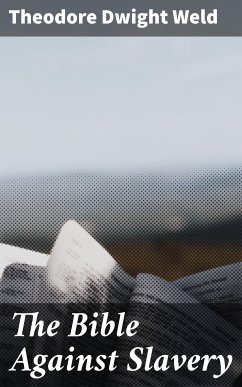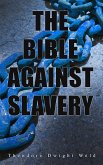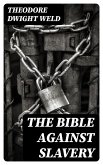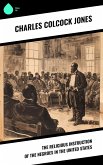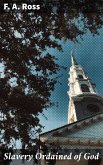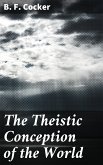In "The Bible Against Slavery," Theodore Dwight Weld presents a compelling theological and moral argument against the institution of slavery using biblical texts as a foundation. Written in the early 19th century, this work exemplifies Weld's ability to intertwine fervent abolitionist sentiment with rigorous scholarly analysis. Through careful exegesis and critique of the scriptural passages often utilized to justify slavery, Weld cultivates a persuasive narrative that exposes the hypocrisy of pro-slavery interpretations. His clear and passionate prose not only challenges contemporary attitudes but also invites readers to engage in rigorous moral reflection, situating the book within the larger context of the American abolitionist movement and its intellectual underpinnings. Theodore Dwight Weld was a prominent figure in the abolitionist movement, deeply influenced by the Second Great Awakening and the revivalist fervor that swept through the United States. His background, which included extensive training in theology and a personal commitment to social reform, informs his unwavering stance against slavery. Weld's experiences as an abolitionist lecturer and organizer underscore his dedication to social justice and the rights of all individuals, revealing a profoundly personal commitment woven throughout his writings. This poignant and intellectually rigorous work is essential reading for anyone seeking to understand the moral arguments against slavery and the role of religion in social reform. Weld's synthesis of scriptural interpretation and abolitionist thought offers a crucial lens through which to view the broader dialogue surrounding ethics and justice in antebellum America. Readers will find in "The Bible Against Slavery" a powerful call to conscience that remains relevant to contemporary discussions on human rights. In this enriched edition, we have carefully created added value for your reading experience: - A succinct Introduction situates the work's timeless appeal and themes. - The Synopsis outlines the central plot, highlighting key developments without spoiling critical twists. - A detailed Historical Context immerses you in the era's events and influences that shaped the writing. - An Author Biography reveals milestones in the author's life, illuminating the personal insights behind the text. - A thorough Analysis dissects symbols, motifs, and character arcs to unearth underlying meanings. - Reflection questions prompt you to engage personally with the work's messages, connecting them to modern life. - Hand-picked Memorable Quotes shine a spotlight on moments of literary brilliance. - Interactive footnotes clarify unusual references, historical allusions, and archaic phrases for an effortless, more informed read.
Dieser Download kann aus rechtlichen Gründen nur mit Rechnungsadresse in A, B, BG, CY, CZ, D, DK, EW, E, FIN, F, GR, H, IRL, I, LT, L, LR, M, NL, PL, P, R, S, SLO, SK ausgeliefert werden.

